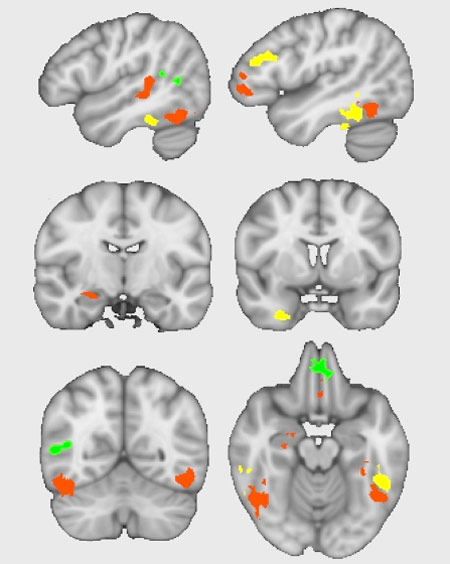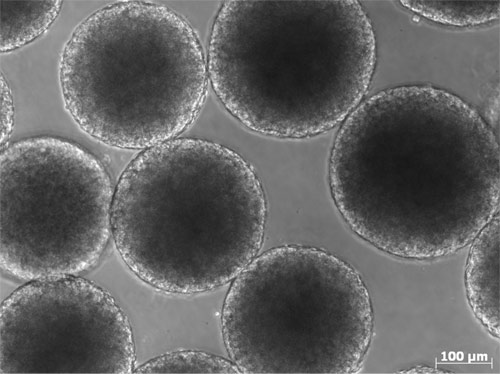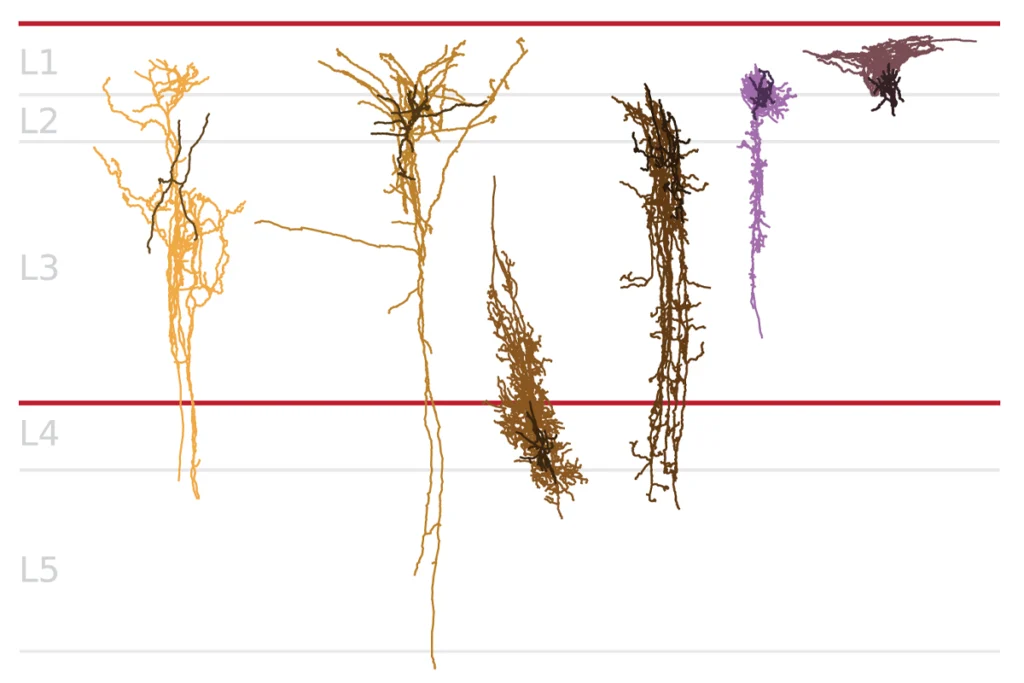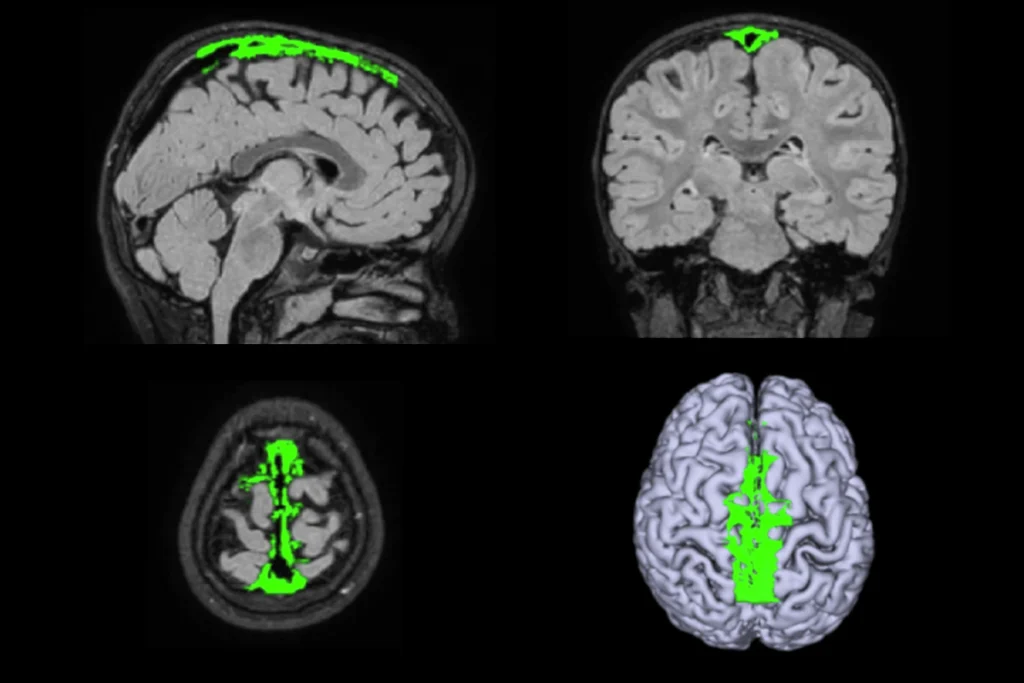RTNS 2012
Recent articles
Better tools needed to assess clinical trials
The past few years have seen an unprecedented number of clinical trials for experimental drugs to treat autism-related disorders, most notably for fragile X syndrome. But as the trials progress, scientists are calling for better methods to measure the drugs’ effectiveness.

Better tools needed to assess clinical trials
The past few years have seen an unprecedented number of clinical trials for experimental drugs to treat autism-related disorders, most notably for fragile X syndrome. But as the trials progress, scientists are calling for better methods to measure the drugs’ effectiveness.
Trials and tribulations
Clinical trials for fragile X drugs should include a behavioral therapy component, says a parent of a child with the disorder.

Trials and tribulations
Clinical trials for fragile X drugs should include a behavioral therapy component, says a parent of a child with the disorder.
Compensatory mechanisms
Identifying genetic and other factors that protect children at risk of autism from developing the disorder could provide new avenues for treatment.

Compensatory mechanisms
Identifying genetic and other factors that protect children at risk of autism from developing the disorder could provide new avenues for treatment.
Debate over quality of adult-derived stem cells rages on
As the use of induced pluripotent stem cells grows, researchers are searching for ways to make them behave more predictably.

Debate over quality of adult-derived stem cells rages on
As the use of induced pluripotent stem cells grows, researchers are searching for ways to make them behave more predictably.
Complex case
Multiple levels of complexity make it challenging to develop drugs to treat autism.

Complex case
Multiple levels of complexity make it challenging to develop drugs to treat autism.
Fast-forward
In the last three years, autism researchers have gone from sequencing single genes to whole exomes, as highlighted at the Translational Neuroscience Symposium in Switzerland last week.

Fast-forward
In the last three years, autism researchers have gone from sequencing single genes to whole exomes, as highlighted at the Translational Neuroscience Symposium in Switzerland last week.
Explore more from The Transmitter
Early trajectory of Alzheimer’s tracked in single-cell brain atlases
Inflammation in glia and the loss of certain inhibitory cells may kick off a disease cascade decades before diagnosis.

Early trajectory of Alzheimer’s tracked in single-cell brain atlases
Inflammation in glia and the loss of certain inhibitory cells may kick off a disease cascade decades before diagnosis.
Okur-Chung neurodevelopmental syndrome; excess CSF; autistic girls
Here is a roundup of autism-related news and research spotted around the web for the week of 21 October.

Okur-Chung neurodevelopmental syndrome; excess CSF; autistic girls
Here is a roundup of autism-related news and research spotted around the web for the week of 21 October.
Brains, biases and amyloid beta: Why the female brain deserves a closer look in Alzheimer’s research
New results suggest the disease progresses differently in women, but we need more basic science to unpack the mechanisms involved.

Brains, biases and amyloid beta: Why the female brain deserves a closer look in Alzheimer’s research
New results suggest the disease progresses differently in women, but we need more basic science to unpack the mechanisms involved.